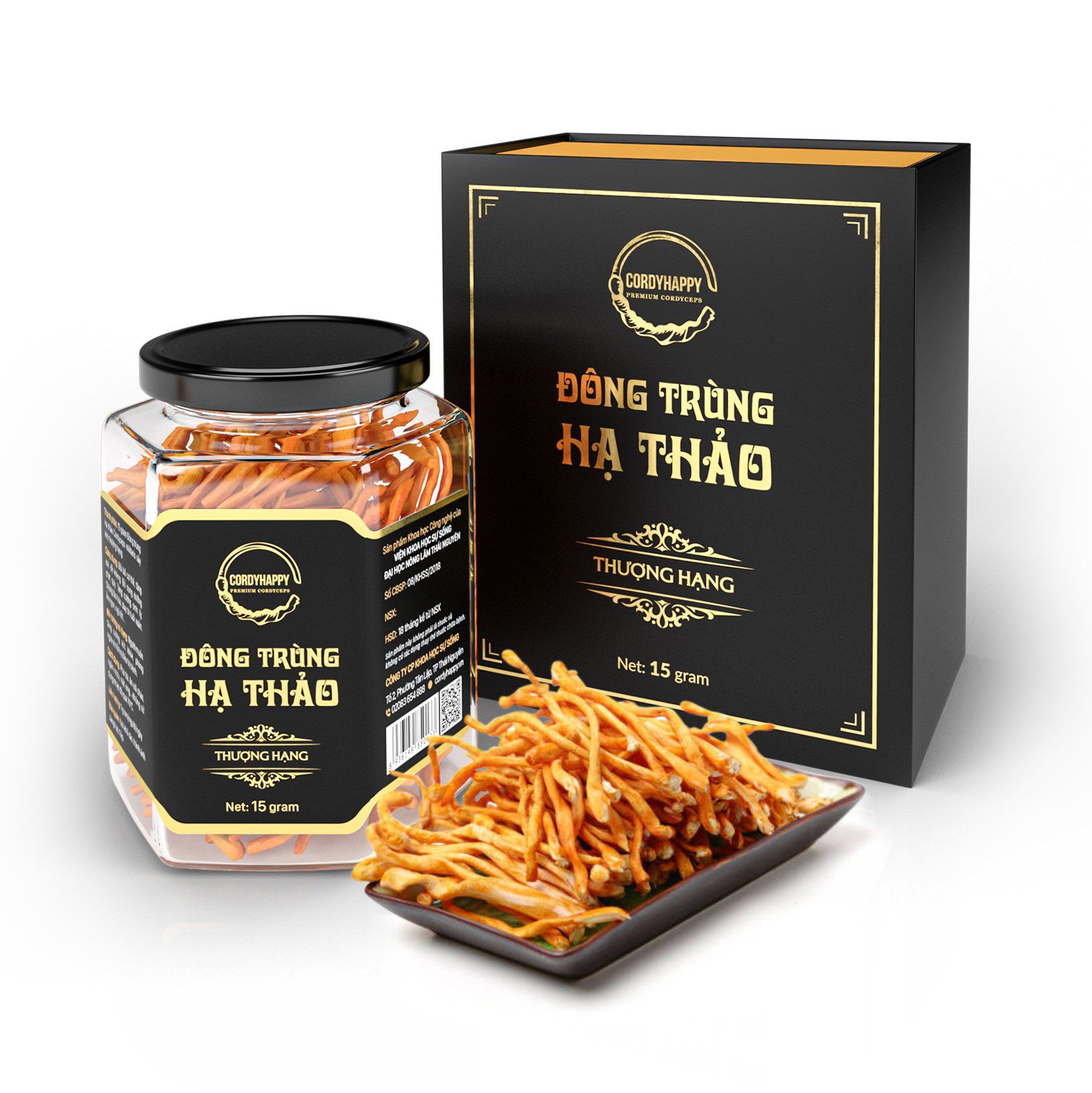sinhvienhanoi
Senior Member
from Nature Biotechnology
Volume:
28,
Page:
637
Year published:
(2010)
DOI:
http://www.nature.com/nbt/journal/v28/n7/full/nbt0710-637c.html
On May 6, Li Li and his wife Li Tan became China's richest couple when their company, Hepalink Pharmaceutical, in Shenzhen, floated on the Shenzhen Stock Exchange. Although they lost the crown soon after, when stock prices slumped in mid-May, this is the first time the biopharma sector has produced China's top billionaires. When stocks surged to 148 yuan ($21.80) per share—the highest on record for a Chinese stock—the Li couple's 70% ownership was valued at 46.5 billion yuan ($6.8 billion). Hepalink is China's largest producer of the blood-thinning heparin, a drug sourced and purified from pig intestines. Analysts commented that the hike in Hepalink's share price shows that investors are still optimistic about the sector despite the contamination debacle in 2008 that linked over 80 deaths to heparin sourced in China and manufactured by Baxter of Deerfield, Illinois (Nat. Biotechnol. 26, 477–478, 2008). Although most Chinese heparin producers have been beset by trouble since then, investors' enthusiasm for Hepalink possibly reflects the fact that it is currently the only Chinese company approved by both the US Food and Drug Administration and the European Directorate for the Quality of Medicines and HealthCare to export heparin. But Zhaohui Peng, former president of Shenzhen-based SiBiono GeneTech, notes that to maintain their fortune, the Li couple must invest in developing new drugs, because the technological threshold to produce heparin is too low to fight off competitors.
Volume:
28,
Page:
637
Year published:
(2010)
DOI:
http://www.nature.com/nbt/journal/v28/n7/full/nbt0710-637c.html
On May 6, Li Li and his wife Li Tan became China's richest couple when their company, Hepalink Pharmaceutical, in Shenzhen, floated on the Shenzhen Stock Exchange. Although they lost the crown soon after, when stock prices slumped in mid-May, this is the first time the biopharma sector has produced China's top billionaires. When stocks surged to 148 yuan ($21.80) per share—the highest on record for a Chinese stock—the Li couple's 70% ownership was valued at 46.5 billion yuan ($6.8 billion). Hepalink is China's largest producer of the blood-thinning heparin, a drug sourced and purified from pig intestines. Analysts commented that the hike in Hepalink's share price shows that investors are still optimistic about the sector despite the contamination debacle in 2008 that linked over 80 deaths to heparin sourced in China and manufactured by Baxter of Deerfield, Illinois (Nat. Biotechnol. 26, 477–478, 2008). Although most Chinese heparin producers have been beset by trouble since then, investors' enthusiasm for Hepalink possibly reflects the fact that it is currently the only Chinese company approved by both the US Food and Drug Administration and the European Directorate for the Quality of Medicines and HealthCare to export heparin. But Zhaohui Peng, former president of Shenzhen-based SiBiono GeneTech, notes that to maintain their fortune, the Li couple must invest in developing new drugs, because the technological threshold to produce heparin is too low to fight off competitors.

